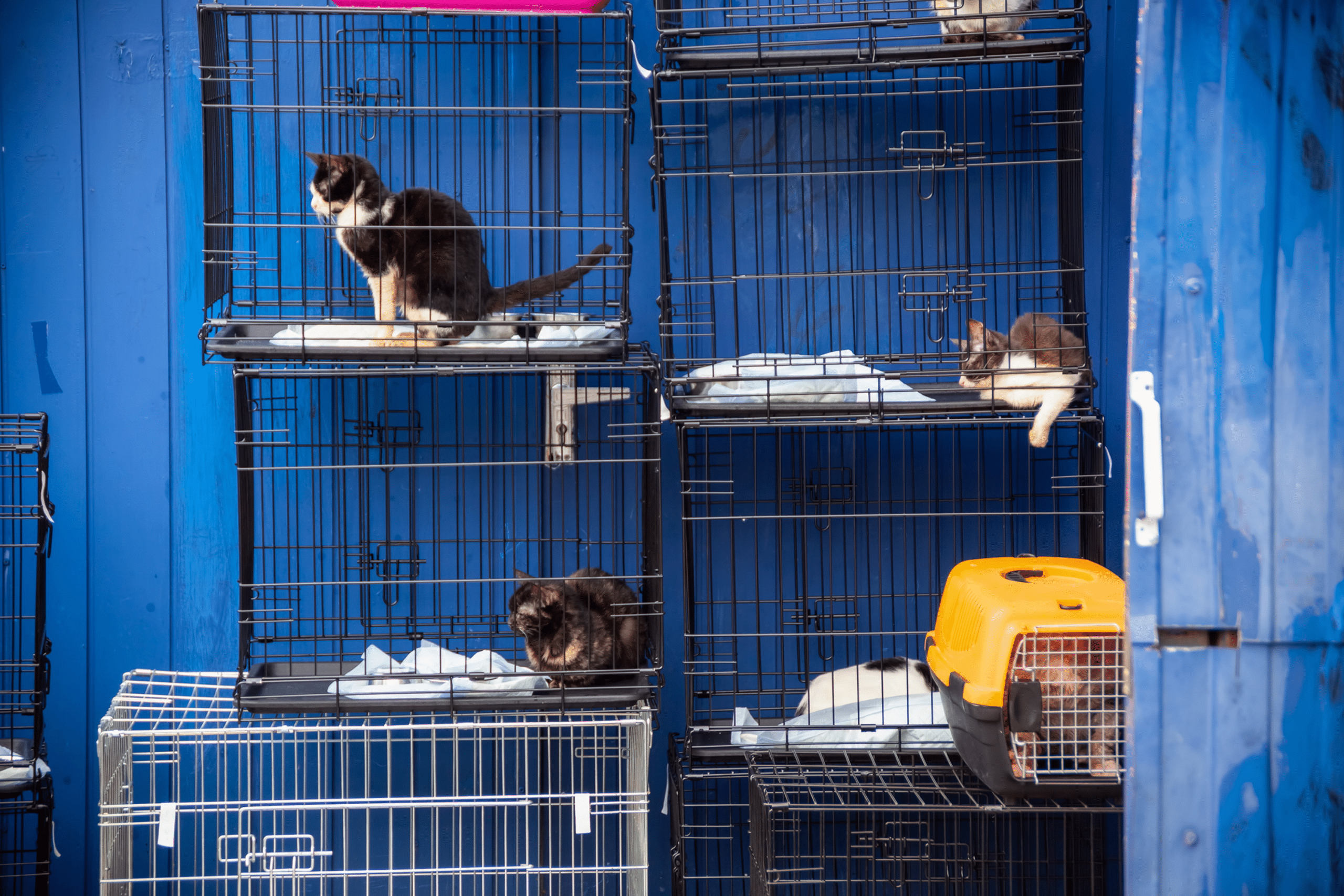Beat Your Denver DUI Charges with Effective Defense Strategies
July 17, 2024

Understanding the Different Types of Restraining Orders in Colorado
Colorado’s Stance on Cyberbullying: Legal Defenses
Posted by: Jacob E. Martinez
Category: Animal Cruelty
Animal cruelty is a serious offense that can have profound consequences for both the animals involved and the individuals responsible for their care. In Colorado, laws related to animal cruelty are in place to protect the welfare of animals and hold offenders accountable for their actions. Understanding the intricacies of Colorado’s animal cruelty laws, including definitions of abuse and neglect, potential penalties, and avenues for defense, is essential for both pet owners and members of the community. In this blog, we will explore Colorado’s laws concerning animal cruelty, shed light on enforcement procedures, and discuss the importance of seeking legal guidance from an experienced criminal defense lawyer when facing allegations of animal cruelty.
In Colorado, animal cruelty encompasses a range of behaviors that harm or suffer animals. The Colorado Revised Statutes (C.R.S. § 18-9-202) define cruelty to animals as knowingly, recklessly, or with criminal negligence overdriving, overloading, torturing, cruelly beating, neglecting, or otherwise mistreating any animal. This includes actions such as withholding food, water, shelter, or medical care and subjecting animals to inhumane treatment.
Individuals convicted of animal cruelty in Colorado may face various penalties depending on the severity of the offense and other factors. Penalties for animal cruelty offenses may include fines, probation, community service, and imprisonment. In cases involving aggravated cruelty or multiple crimes, penalties may be more severe, with longer prison sentences and higher fines imposed. Additionally, individuals convicted of animal cruelty may be prohibited from owning or caring for animals in the future, and their animals may be removed from their custody and placed in protective care.
Enforcement of animal cruelty laws in Colorado involves collaboration between law enforcement agencies, animal control officers, and animal welfare organizations. Investigations into allegations of animal cruelty typically begin with reports from concerned citizens, veterinarians, or animal welfare professionals. Law enforcement officers and animal control agencies may conduct interviews, gather evidence, and assess the condition of animals to determine if cruelty has occurred. Depending on the severity of the situation, animals may be removed from the premises and placed in protective custody pending the outcome of the investigation.
Individuals accused of animal cruelty in Colorado have the right to defend themselves against the allegations. Common defenses against animal cruelty charges may include:

Facing allegations of animal cruelty can be a daunting experience, with severe legal and personal consequences at stake. It is essential for individuals accused of animal cruelty to seek legal representation from an experienced criminal defense lawyer who understands the complexities of Colorado’s animal cruelty laws. A skilled attorney can assess the facts of the case, develop a strategic defense strategy, and advocate for the accused to protect their rights and achieve the best possible outcome. By enlisting the services of a competent lawyer, individuals accused of animal cruelty can navigate the legal process with confidence and ensure that their interests are effectively represented.
About the Author:
Denver-based criminal defense and DUI attorney Jacob E. Martinez is a knowledgeable and experienced litigator with a record of success providing innovative solutions to clients facing criminal charges of any severity. Countless legal organizations have recognized Mr. Martinez for his exemplary defense work, including Avvo, Best DWI Attorneys, Expertise, Lawyers of Distinction, The National Trial Lawyers, and others. He was also named one of the 10 Best in Client Satisfaction in Colorado by the American Institute of Criminal Law Attorneys and is Lead Counsel rated.
Jury Trial - Not Guilty
Jury Trial - Not Guilty
Arapahoe 1st Degree Assault/Vehicular Assault
Jury Trial - Not Guilty
Denver Domestic Violence Assault Case
Jury Trial - Not Guilty
Denver D.V. Assault
Jury Trial - Not Guilty
Denver Careless Driving Resulting in Death
Jury Trial - Not Guilty
Jefferson County Felony Menacing
Jury Trial - Not Guilty
Adams County DUI
Jury Trial - Not Guilty
Jefferson County DUI
Jury Trial - Not Guilty
Jefferson County DUI
Jury Trial - Not Guilty
Jefferson Vehicular Assault/DUI
Jury Trial - Not Guilty
Jefferson County DUI
Jury Trial - Not Guilty
Boulder County DUI case
Jury Trial - Not Guilty
Arapahoe County DUI case
Jury Trial - Not Guilty
Adams County DUI case
Jury Trial - Not Guilty
Douglas County DUI case
Jury Trial - Not Guilty
Gilpin County DUI case
Dismissed
Broomfield County Probation Revocation case
Dismissal
Arapahoe County DUI case
Deferred Judgment
Arapahoe County DUI case
Deferred Judgment
Douglas County DUI case
Deferred Judgment
Larimer County DUI case
Deferred Judgment
Arapahoe County DUI Case
Deferred Judgment
Denver Felony Burglary Case
Deferred Judgment
Arapahoe County DUI case
Dismissed
Arapahoe County Protection Order Case
Dismissed
Golden Destruction of Property case
Dismissed
Jefferson County Protection Order case
Dismissed
Jefferson County Domestic Violence case
Dismissed and Sealed
Jefferson County DUI case
Dismissed
Denver Major Traffic Offense case
Dismissed and Sealed
Broomfield County Domestic Violence case
Dismissed
Summit County DUI Revocation
Dismissed
Denver DUI Revocation
Dismissed
Denver DUI Revocation
Dismissed
Denver DUI +.2 Involving Accident and Injury case
Dismissed
Denver DUI/Habitual Traffic Offender case
DISMISSAL
Denver District Aggravated Theft
Dismissed
Greenwood Village Assault case
Dismissal
Elbert County DUI
Dismissed
Arapahoe County Domestic Violence case
Dismissal
Jefferson County DUI
Dismissal
Denver Municipal Assault
Dismissed
Boulder County Domestic Violence Assault case
Dismissed
Wheat Ridge Assault case
Dismissed
Jefferson County DUI case, with 2+ Prior Convictions
Dismissed
Arapahoe County Domestic Violence case
Dismissed
Broomfield County Domestic Violence case
Dismissed
Arapahoe County Felony Theft case
Dismissed with No Charges Filed
Jefferson County Felony Theft case
Dismissed
Boulder County Felony Theft case
